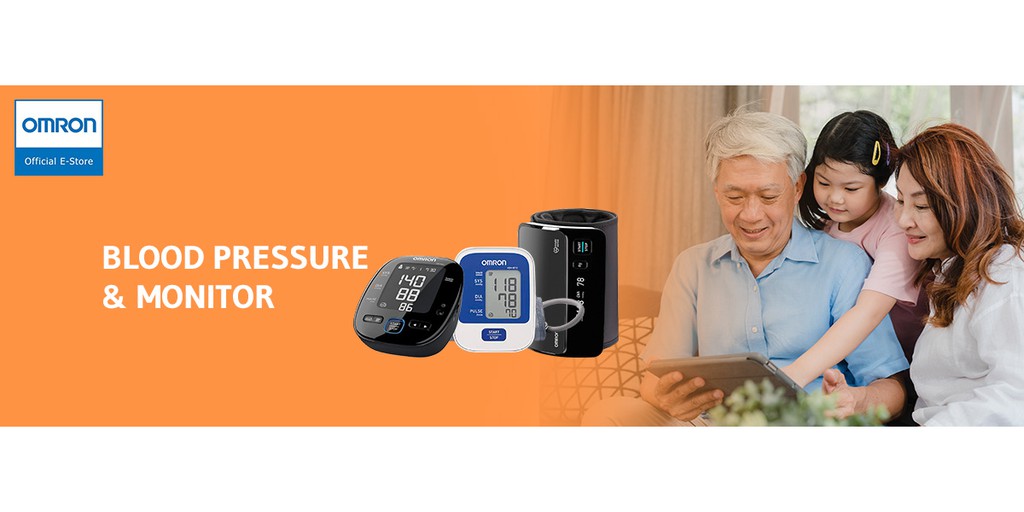Thyroid Stimulating Hormone (TSH) medical test
Learn about Thyroid Stimulating Hormone (TSH) medical tests, including what the tests are used for, why a doctor may order a test, how a test will feel, and what the results may mean.
What is Thyroid Stimulating Hormone (TSH)?
TSH stands for thyroid stimulating hormone. A TSH test is a blood test that measures this hormone.Your thyroid makes hormones that regulate the way your body uses energy. It also plays an important role in regulating your weight, body temperature, muscle strength, and even your mood. TSH is made in a gland in the brain called the pituitary. When thyroid levels in your body are low, the pituitary gland makes more TSH. When thyroid levels are high, the pituitary gland makes less TSH. TSH levels that are too high or too low can indicate your thyroid isn't working correctly.
What the Thyroid Stimulating Hormone (TSH) test used for?
To help diagnose thyroid disorders and to monitor treatment of hypothyroidism and hyperthyroidism.
How is the procedure performed?
A blood sample drawn from a vein in your arm. You may want to wear a shirt with sleeves that can easily be rolled up to make it easier to collect the blood sample. This usually takes less than five minutes.
What will be the results interprets?
The TSH test measures the level of thyroid-stimulating hormone in your blood. The TSH has a normal test range between 0.4 and 4.0 milli-international units of hormone per liter of blood (mIU/L).
If you show signs of hypothyroidism and have a TSH reading above 2.0 mIU/L, you’re at risk for progressing to hypothyroidism. Symptoms include weight gain, fatigue, depression, and brittle hair and fingernails. Your doctor will likely want to perform thyroid function tests at least every other year going forward. Your doctor may also decide to begin treating you with medications, such as levothyroxine, to ease your symptoms.
A high TSH result may mean that:
- The person tested has an underactive thyroid gland that is not responding adequately to the stimulation of TSH due to some type of acute or chronic thyroid dysfunction; Hashimoto thyroiditis is the most common cause of hypothyroidism.
- A person with hypothyroidism or who has had their thyroid gland removed is receiving too little thyroid hormone replacement medication and the dose may need to be adjusted.
- A person with hyperthyroidism is receiving too much anti-thyroid medication and the dose needs adjusting.
- There is a problem with the pituitary gland, such as a tumor producing unregulated levels of TSH.
- A rare inherited disorder is present in which the body and/or pituitary do not respond normally to thyroid hormones, resulting in high TSH despite clinically normal thyroid function.
A low TSH result may indicate:
- An overactive thyroid gland (hyperthyroidism); Graves disease is the most common cause of hyperthyroidism.
- Excessive amounts of thyroid hormone medication taken by those who are being treated for an underactive (or removed) thyroid gland.
- Insufficient anti-thyroid medication in a person being treated for hyperthyroidism; however, it may take a while for TSH production to resume after successful anti-thyroid treatment. This is why the American Thyroid Association recommends monitoring this treatment with tests for thyroid hormones (free T4 and total and free T3) as well as TSH levels.
- Damage to the pituitary gland that prevents it from producing adequate amounts of TSH.
- People with thyroid cancer may be treated with medications intended to suppress thyroid hormones, so they may have a low TSH.
Whether high or low, an abnormal TSH indicates an excess or deficiency in the amount of thyroid hormone available to the body, but it does not indicate the reason why. An abnormal TSH test result is usually followed by additional testing to investigate the cause of the increase or decrease.
Other related tests for Thyroid Function Tests: Thyroid Functional Test, Thyroid Free T4 or Total T4


